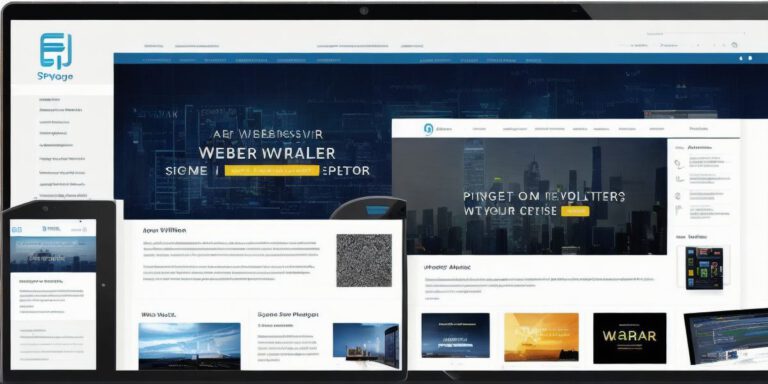Mastering the Craft: Essential Hard Skills for Software Engineers

As a software engineer, having a strong set of hard skills is crucial to your success in the industry. These are the technical abilities and knowledge that you need to know to be able to develop, maintain, and scale software systems effectively. In this article, we’ll take a closer look at some of the most essential hard skills for software engineers and discuss why they’re so important.
Programming Languages
Programming languages are the foundation of any software system. They allow you to write code that instructs computers to perform specific tasks. There are many programming languages to choose from, each with its strengths and weaknesses. Some of the most popular programming languages include Java, Python, JavaScript, Ruby, and C++. As a software engineer, it’s important to have a strong grasp of at least one or two programming languages to be able to build and maintain software systems effectively.
Database Management Systems
Database management systems (DBMS) are used to store and manage data in a structured way. They allow you to create, update, delete, and retrieve data from tables and other data structures. Some of the most popular DBMS include MySQL, PostgreSQL, Microsoft SQL Server, and Oracle. As a software engineer, it’s important to have experience working with at least one DBMS to be able to build scalable and efficient software systems that can manage large amounts of data.
DevOps Tools and Methodologies
DevOps tools and methodologies are used to automate the process of building, testing, deploying, and maintaining software systems. They allow you to streamline development processes, improve collaboration between teams, and reduce the time it takes to release new features. Some of the most popular DevOps tools and methodologies include Jenkins, GitLab, Docker, Kubernetes, and Agile. As a software engineer, it’s important to have experience working with at least one or two DevOps tools and methodologies to be able to build and maintain software systems effectively.
Cloud Computing Platforms
Cloud computing platforms are used to host and manage software applications and services in the cloud. They allow you to scale up or down as needed, pay only for what you use, and access your data and applications from anywhere with an internet connection. Some of the most popular cloud computing platforms include Amazon Web Services (AWS), Microsoft Azure, and Google Cloud Platform. As a software engineer, it’s important to have experience working with at least one or two cloud computing platforms to be able to build and deploy scalable and efficient software systems in the cloud.
Software Testing Frameworks
Software testing frameworks are used to automate the process of testing software applications and systems. They allow you to create, run, and maintain test cases, test suites, and test scripts. Some of the most popular software testing frameworks include Selenium WebDriver, Appium, and JUnit. As a software engineer, it’s important to have experience working with at least one or two software testing frameworks to be able to build and maintain high-quality software systems.
In conclusion, mastering the craft of software engineering requires a strong set of hard skills. These are the technical abilities and knowledge that you need to know to be able to develop, maintain, and scale software systems effectively. By having a strong grasp of programming languages, database management systems, DevOps tools and methodologies, cloud computing platforms, and software testing frameworks, you’ll be well on your way to becoming a successful software engineer. So what are you waiting for? Start honing your skills today!








